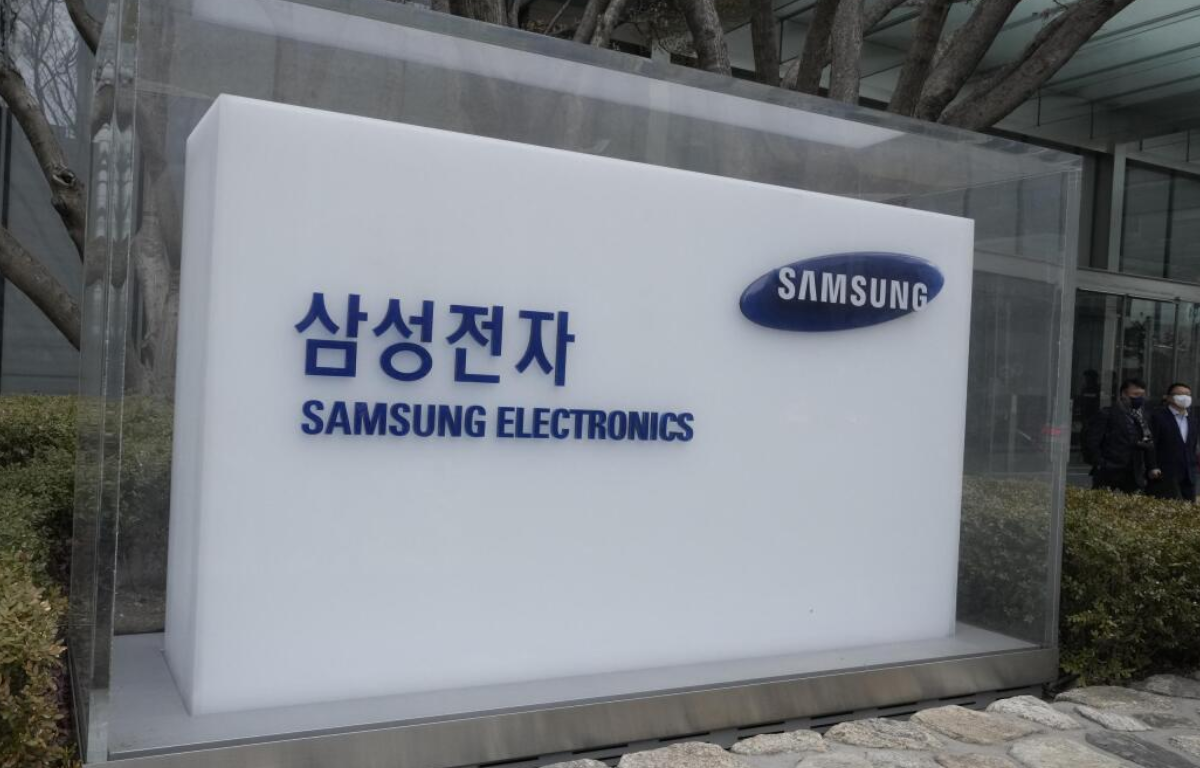
Recent headlines have been dominated by accusations leveled by the United States and Britain against China, alleging involvement in a widespread cyberespionage campaign targeting various sectors and entities. This development underscores the escalating tensions in the realm of cybersecurity and highlights the growing concern over state-sponsored cyber activities.
The accusations, made in tandem by Washington and London, accuse Chinese state-backed actors of conducting a global cyberespionage campaign targeting organizations across multiple sectors, including defense, technology, healthcare, and academia. These actors, according to the accusations, utilized a range of tactics, techniques, and procedures (TTPs) to infiltrate networks, steal sensitive information, and conduct espionage activities.
The gravity of these accusations is amplified by the strategic significance of the targeted sectors. Defense and technology sectors are repositories of critical intellectual property and sensitive data, making them prime targets for state-sponsored cyber espionage. The healthcare sector, especially in light of recent global events, holds valuable data related to public health, research, and development. Academic institutions are also targeted due to their research capabilities and access to cutting-edge technologies.
The timing of these accusations adds another layer of complexity to the situation. They come at a time of heightened geopolitical tensions and competition among major powers. As countries vie for technological superiority and strategic advantage, cybersecurity has emerged as a frontline battleground, with state-sponsored cyber activities becoming increasingly sophisticated and pervasive.
China has denied the allegations, dismissing them as unfounded and politically motivated. The Chinese government has reiterated its commitment to cybersecurity and has called for international cooperation in addressing cyber threats. However, the accusations have further strained diplomatic relations between China and the US and its allies, exacerbating existing tensions on multiple fronts.
The implications of these accusations extend beyond diplomatic sparring. They highlight the urgent need for enhanced cybersecurity measures, both at the national and international levels. Governments, businesses, and organizations must prioritize cybersecurity investments, adopt robust defense mechanisms, and collaborate on sharing threat intelligence and best practices.
Furthermore, these accusations underscore the complexities of cyberspace governance and the challenges of attributing cyberattacks to specific actors. The lack of internationally accepted norms and rules governing cyber behavior exacerbates these challenges, necessitating dialogue and cooperation among nations to establish norms of responsible state behavior in cyberspace.










Share this: